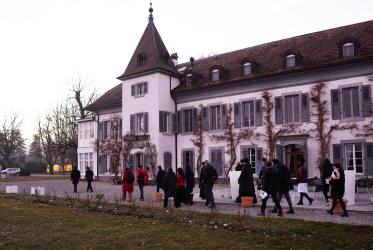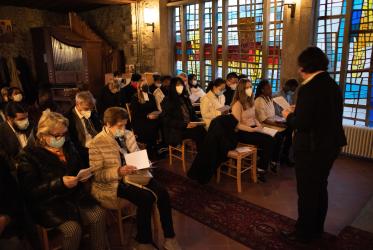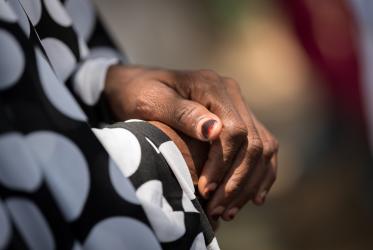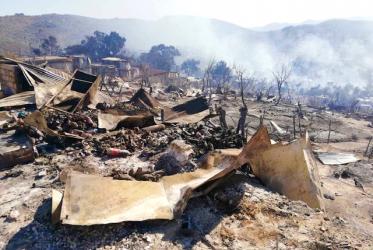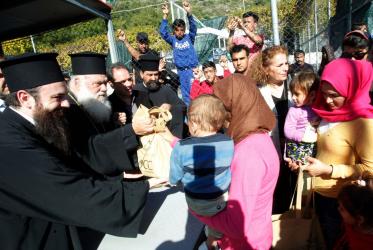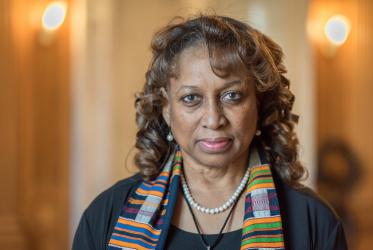Displaying 1 - 20 of 101
Promoting human dignity through art
06 September 2022
Women with disabilities want to belong in churches
31 August 2022
Bossey student Carolina Zamorano reflects on study visit to Rome
02 February 2022
Applications open anew for Bossey online course in ecumenism
13 January 2022
In a COVID-stricken world, “everyone is important”
23 October 2020
Advancing a disability-inclusive response to COVID-19
21 April 2020
The cry of the Papuans in Indonesia
14 November 2019






